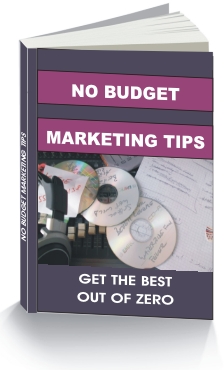They say you need a label code to get airplay. But if you cannot get ‘traditional’ airplay anyway, what about the LC code then? Do you still need it or can you just get along with those willing to play your music?
Now the use of a label code is to track music once it’s being played on the radio and assign money to the performing rights organisations. While composers are being compensated through songwriters (and eventually publishing) royalties the label gets money too so it can forward (some of) it to the artists who actually performed the music.
Most major radio networks thus require a LC which also functions as a permit to play the respective record. So most people will tell you “if you don’t have a label code radio stations are not going to play your music”. This, however, is only partially true.
While most unsigned musicians hardly (or never) get any prime time heavy rotation plays at major stations they have a chance of being played in special interest shows during evening hours, usually at smaller stations. If you don’t have a LC, don’t worry. Usually such stations are willing to play your music on a per-play basis.
Even without that LC you can still receive PRO royalties. According to Frank Fellermeier, agent for Europe’s leading film music composers, you can get a letter of proof from the radio station stating they have played your song(s) at this day and time. To make the process smooth you may as well prepare that letter with all the required information in advance, such as your name, address, PRO number, your songs’ ISWC etc.
Most plays that you get as an unsigned musician are probably on internet radio. Besides the numerous Pandora and Live365 stations you will find lots of small radio shows and podcasts, usually run from the living room of some maniac. These ‘stations’ are so underground they do not require you to provide them with a label code anyway.
If you are worried about being compensated for airplay (or internet play for that matter), modern technology is there to help you. Services like Tunesat, Sound Exchange or MI On Air provide watermarking and fingerprinting technology to track your music all over the internet whenever it is being played and either compensate you right away or provide evidence to present to your PRO.
While you will not get much from streaming, you will usually get those earnings directly from your digital distributors such as iMusician or CD Baby.
Bottom line: If you want to take over the world and have your music played in heavy rotation on major radio networks (provided they will actually play you), then a label code is essential. If you are the guerilla type self-marketing musician who travels alternative routes to get the music out there, then you will not need a label code to get started – but you can still call yourself a ‘label’ and be considered professional.
To your success…
Get more tips and sign up for the
MusicBiz Madness Newsletter !!!
And get the e-Book “No Budget Marketing Tips” on top. ALL FREE !!!




